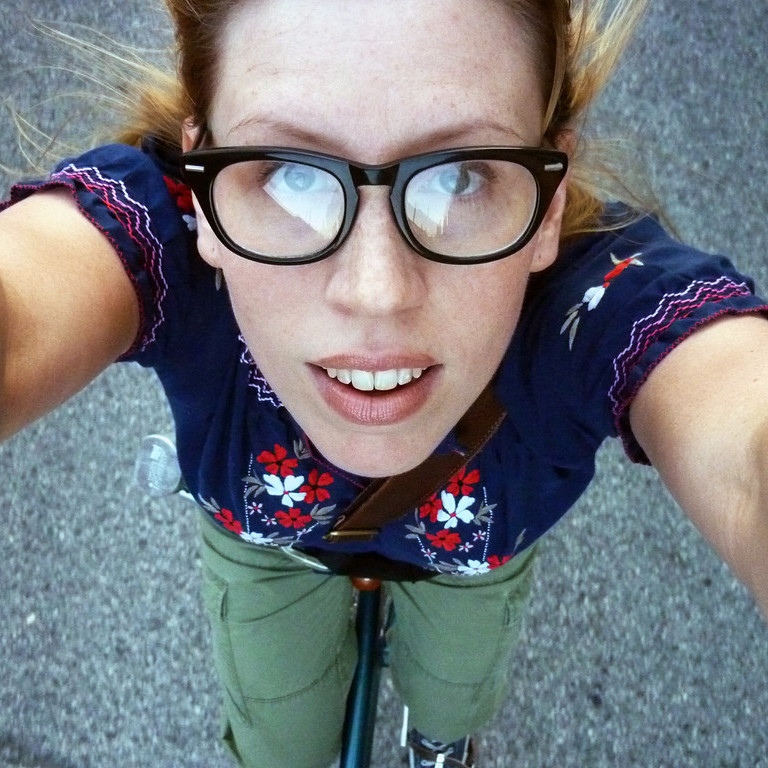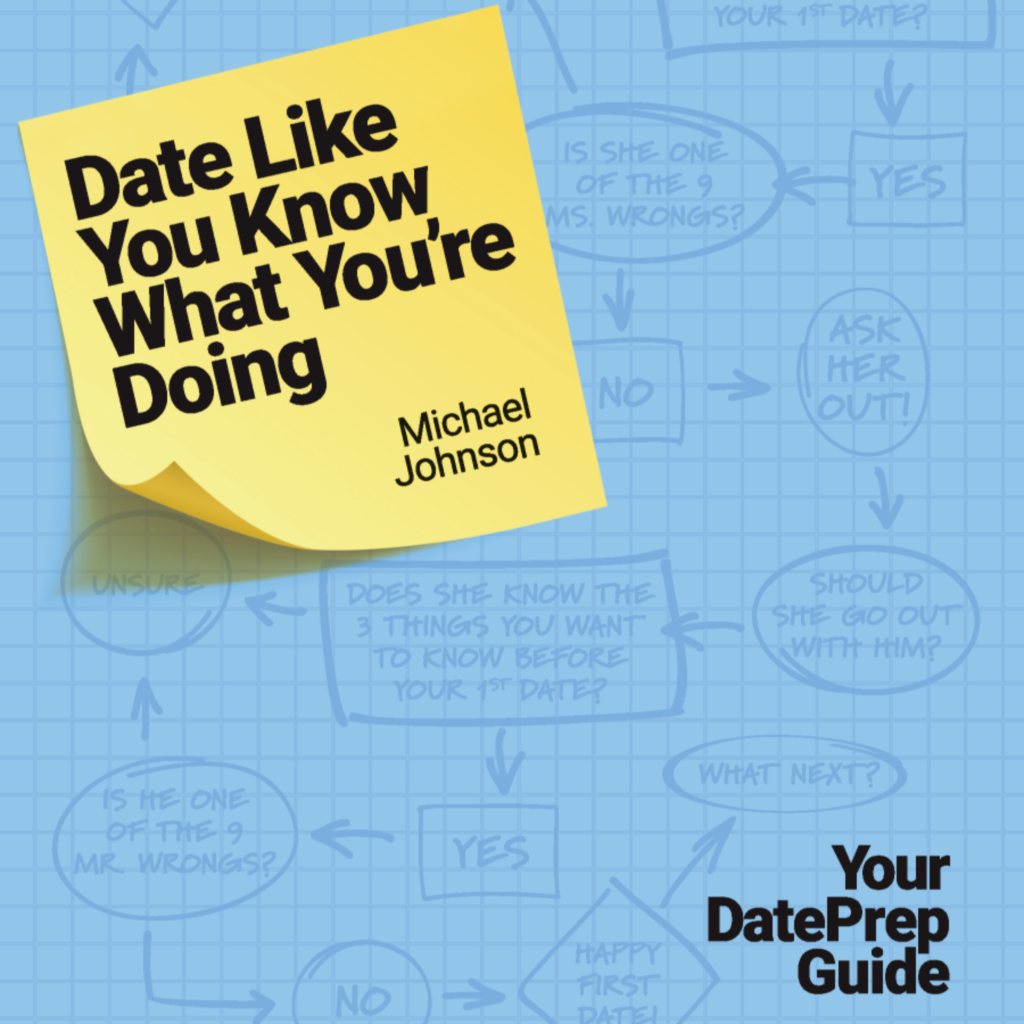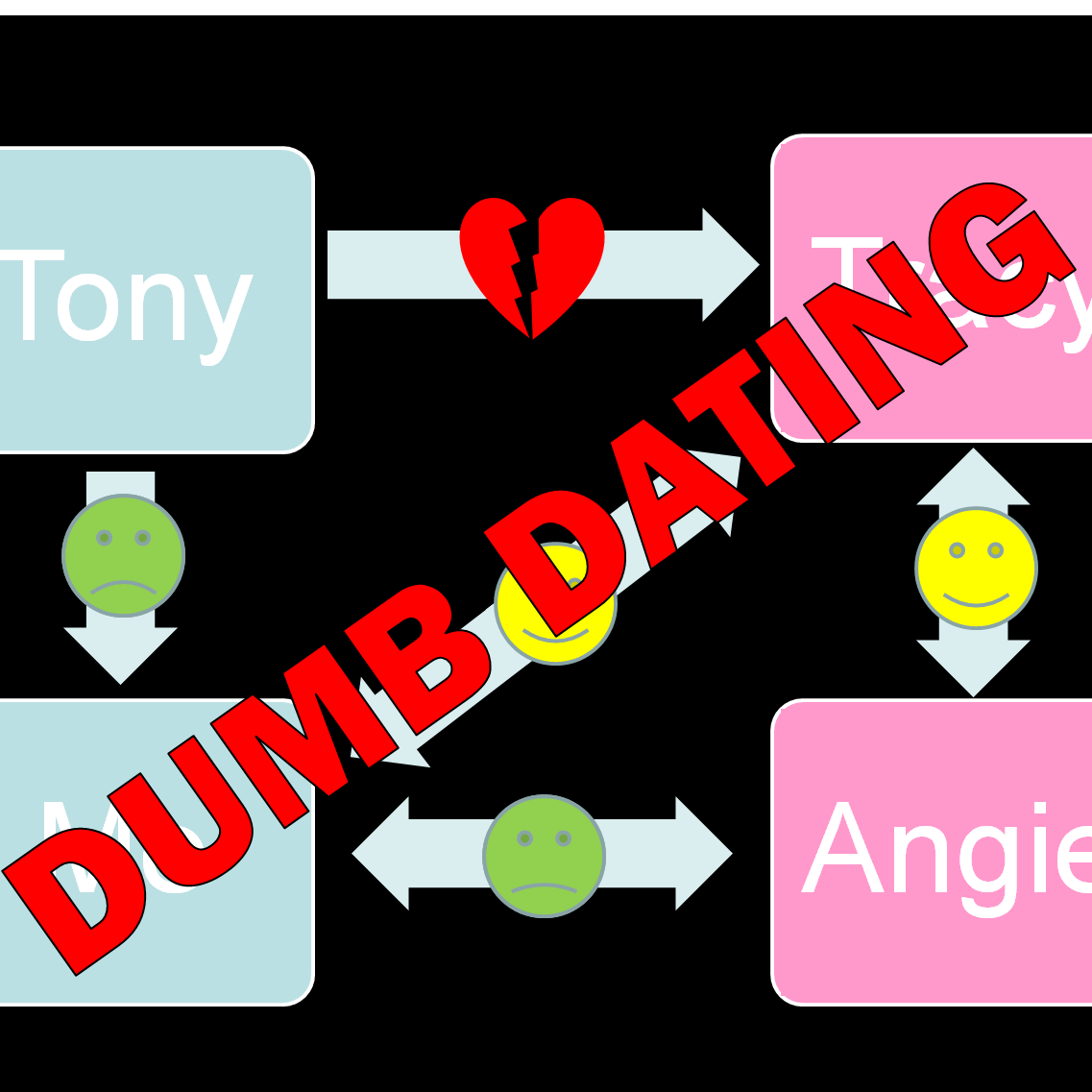When I was young I thought that’s all I wanted.
But that’s because I didn’t know myself. In fact, I had no idea what I wanted out of relationships.
Do you know yourself?
Do you know what you’re looking for in relationships?
Do you know how deeply your soul longs to share healthy, whole intimacy with the most important people in your life?
If not, you might do what I did and seek out (or just settle for) attention, believing the right level of attention will validate who you are and why you’re here. And suddenly attention becomes an intimacy impostor.
Here’s what I’ve learned about the downside of attention from my personal struggle with RADD (Relational Attention Deficit Disorder).
Attention holds low social value.
Attention means very little in and of itself. It takes little effort to get and even less effort to give.
Want me to prove it?
Why don’t you prove it?
First go to a public place where there are other people.
Are you there now? Great!
Now stand up on a chair or table (make sure it’s sturdy first), fling your arms out wide (be careful not to hit anyone) and yell at the top of your lungs, “I’m the king of the world! Somebody crown me!”
You probably didn’t get a crown, but you surely got attention.
See how easy that was?
And meaningless?
What difference does it make whether your latest selfie garners 18 likes or 80? All a “like” amounts to is attention. That’s it.
Why do you need the attention of eighty different people, including…
13 high school friends you haven’t spoken with since graduation
5 people at work you can hardly stand
27 people you barely know
9 you don’t know at all
And your Mom.
…every time you post a picture of yourself?
What does all that attention say?
Or let’s flip the script. Do you remember every Facebook, Twitter or Instagram post you liked, shared or commented on this week? Do you even remember any?
It’s so easy to click “like.” And again, so inconsequential. Sure, if your “like” wound up one of a hundred others you probably helped make someone’s day, but if you were the only one it’s highly unlikely you friend is filled with deep abiding joy that at least you liked it. What’s that about?
It’s about low social value. Little effort to get. Less effort to give. And as a result…
Attention maintains a short shelf life.
Twinkies may be able to sit on a shelf for 80 years, but the impact of attention is sadly temporary. As soon as you walk off stage… or log off of Instagram, how long do you feel that warm buttery goodness of attention?
Attention is self-centered.
It’s not selfish to want some attention from people you know and love, but when you just want anyone’s attention or everyone’s attention there’s something else going on. You want to look into that.
I had to. It wasn’t pretty. But it was enlightening. It will be for you too.
This is ultimately why seeking out (or settling for) attention can make intimacy more difficult to obtain.
To grow intimacy with someone you must put the attention on the relationship, not on yourself.
If your validation comes from merely gaining attention, you can see how this drive will end up driving people away from you.
Maybe it already has.
If so, share your story with a friend or two and then discuss these questions:
- If attention has such low social value (little effort to get, less effort to give) why does our society seem to value it so much? Do you value it so much? Why or why not?
- Have you found attention’s short shelf life keeps you looking for your next hit? If so, share a specific experience.
- Have you seen selfishness behind the pursuit of attention by some public figure? What about in your own life?
- What do you think it would take to get you to seek LESS attention?
Date Night Advice (DNA) series: The Intimacy Impostor of Attention
Episode 2: How Many Selfies Does it Take to get the Attention You Want?
Next Episode: Do You You Feel Invisible?






